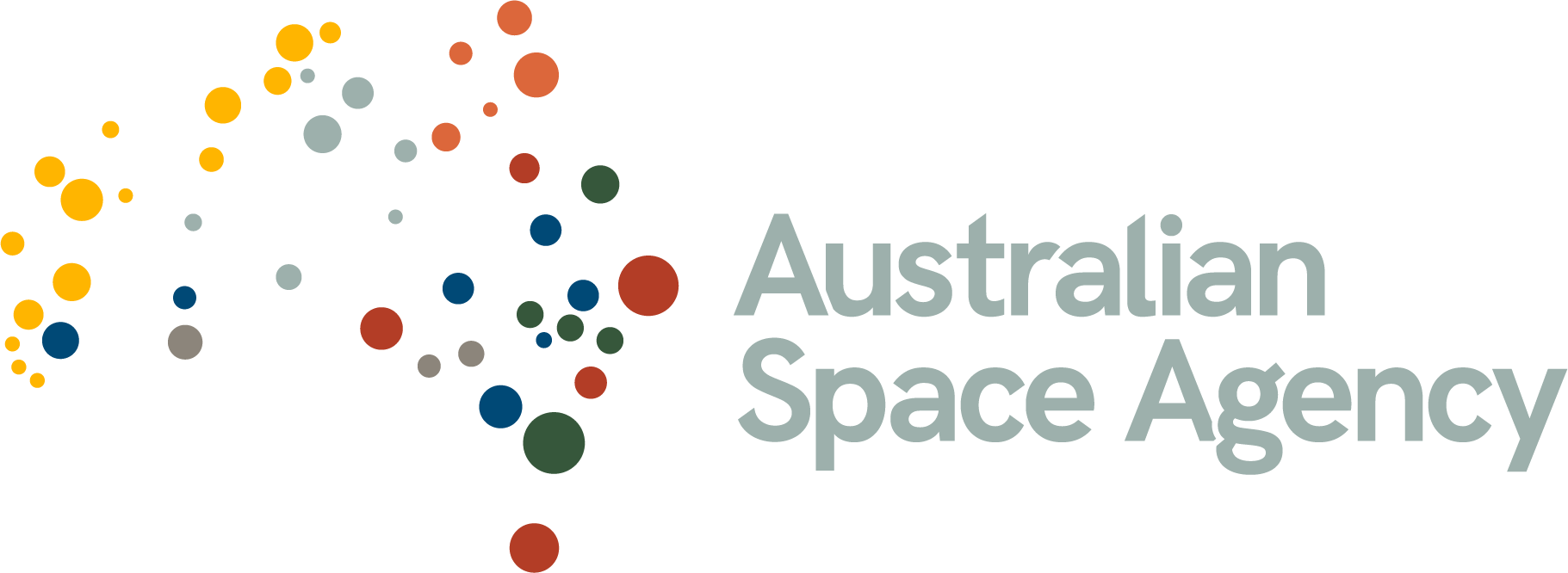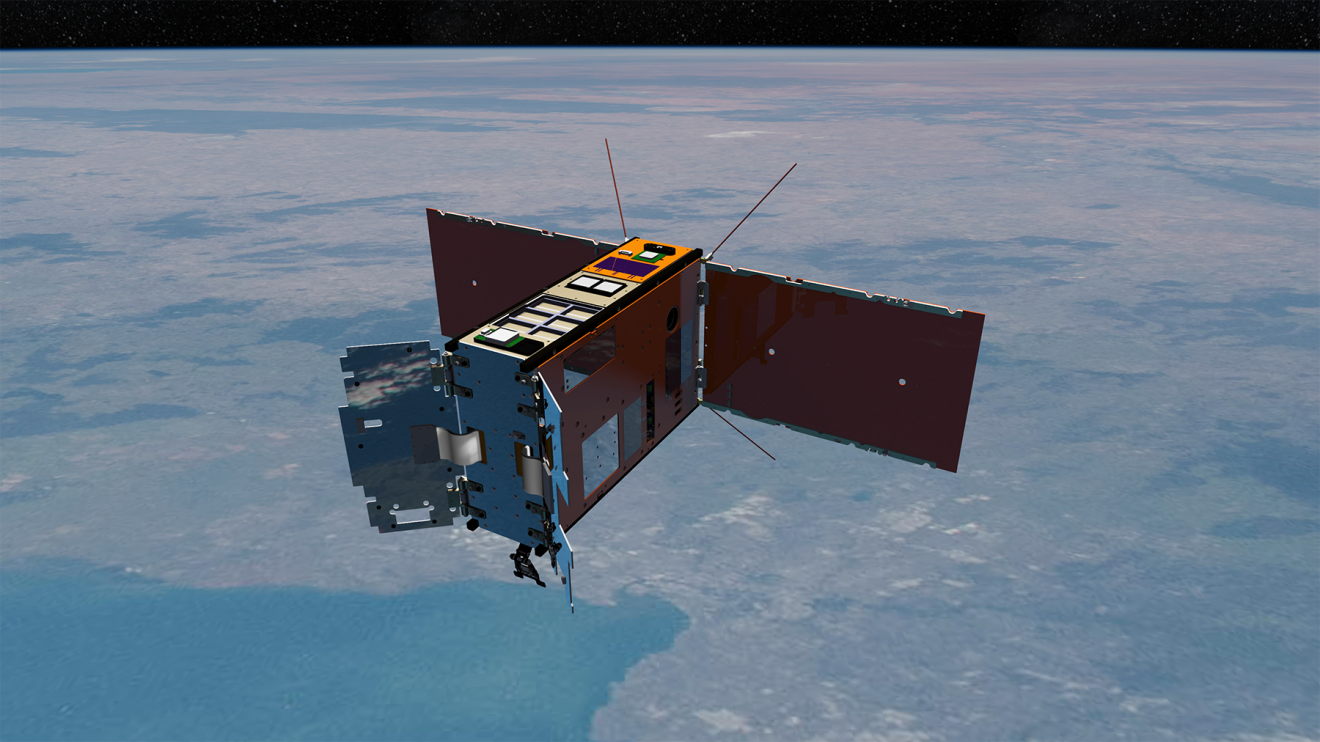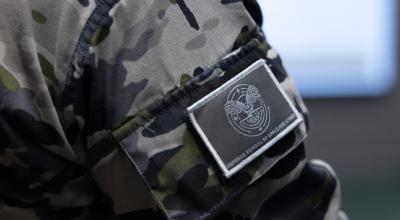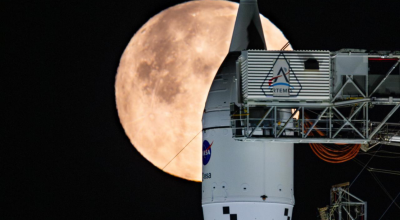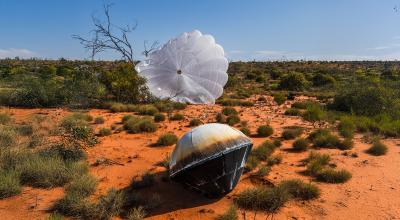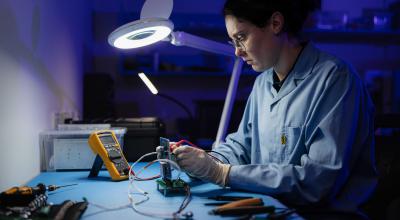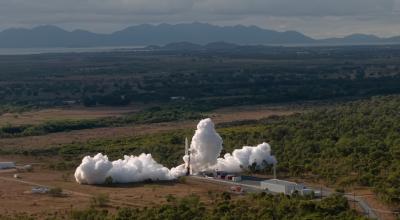You need an overseas payload permit if you are an Australian national intending to launch a space object from outside Australia.
A space object is:
-
an object (or any part of that object) which is to go into or come back from an area beyond the distance of 100 km above mean sea level; or
-
any part of that object, even if that part is to go only some of the way towards or back from an area beyond the distance of 100 km above mean sea level.
The Agency's Office of the Space Regulator (OSR) can provide advice and guidance on whether you need an Overseas Payload Permit and how to apply.
Process
You initiate a New Application in the Regulatory Applications Hub and submit general information about you, your organisation and your planned space activities. You then submit your application form and any other documents you choose to provide. Guidance about what information you should provide can be found in the latest guidelines, above.
NOTE Submission of a New Application is not the beginning of an application assessment.
We check your application contains sufficient information in accordance with the Act and General Rules for an overseas payload permit.
If your application is considered complete, we will accept the application and commence assessment.
If we consider your application incomplete, we will notify you and provide feedback. We take an iterative approach to the application process and understand there may be several iterations before an application is considered complete and accepted to undergo assessment.
We assess your application against the criteria to ensure that all arrangements to be put in place are adequate, relevant, and appropriate for the proposed launch of your overseas payload. We may request further information.
During the assessment process we consult with federal, state and territory authorities to see if there is any reason an overseas payload permit should not be granted. Reasons may include Australian security, defence, or international relations. We may request further information.
When there is sufficient evidence you meet criteria for granting a permit, we make recommendations to the Minister (or their delegate).
The Minister (or delegate) decides whether to grant the overseas payload permit, taking into consideration advice from the Agency.
The Minister has discretion to seek further information from applicants and overseas payload permit holders.
Debris mitigation strategy
You must have a debris mitigation strategy if you are launching a space object overseas.
Your strategy must align with an internationally recognised standard for debris mitigation (examples provided in the guidelines, above). The strategy must include an orbital debris assessment and outline how you will manage and mitigate the risk of any debris generated (intentional or unintentional) during the lifetime of your space activity.
Costs and timelines
There are no fees for applying for an overseas payload permit, or for having your application assessed.
Application timelines are typically about 3 months from when you have submitted sufficient information to commence the application process.
For more information, download and read the latest guidelines available at the top of this page.
Application criteria include
-
the probability of substantial harm to public health or damage to property
-
safety of design, construction, and operation
-
Australia’s security, defence, or international relations
-
whether your object is or contains a nuclear power source, nuclear weapon, or weapon of mass destruction.
For more information, download and read the latest guidelines available at the top of this page.
Submit your application form
Find the application form at the top of this page
Submit your completed application form, along with relevant material, via the Regulatory Application Hub.
Main image caption: In a landmark launch in December 2024, the Space Industry Responsive Intelligent Thermal (SpIRIT) satellite lifted off from Vandenberg Space Force Base in California, USA. The graphic above is an illustration of SpIRIT.
